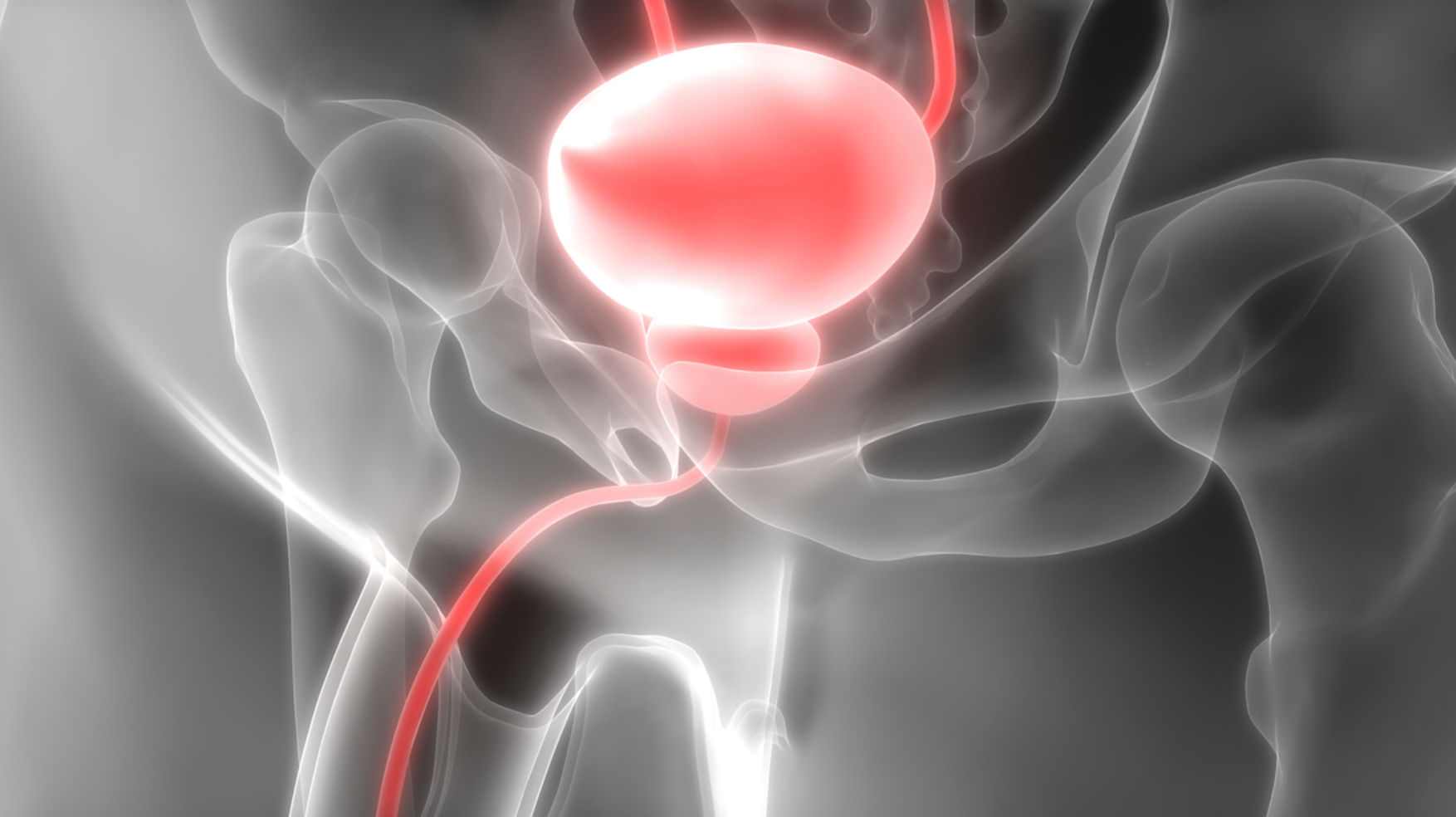Article
Pharmacy Clinical Pearl of the Day: Bladder Stones
Author(s):
The most common conditions that cause bladder stones are prostate gland enlargement and damaged nerves.
Clinical Pearl of the Day: Bladder Stones
Bladder stones are hard masses of minerals in your bladder.

Insight:
- Bladder stones develop when the minerals in concentrated urine crystallize and form stones.
- This often happens when you have trouble completely emptying your bladder.
- Symptoms include pain in the lower abdominal, pain during urination, frequent urination, difficulty urinating, blood in the urine, and cloudy or abnormally dark-colored urine.
- The most common conditions that cause bladder stones are prostate gland enlargement and damaged nerves.
- The doctor may diagnose the bladder stone through physical exam, a urine test, CT scan, ultrasound, or X-ray.
- Treatment includes drinking lots of water, which may help a small stone pass naturally. However, because bladder stones are often caused by difficulty emptying your bladder completely, extra water may not be enough to make the stone pass.
- Other treatments include breaking stones apart with a laser using the help of ultrasound, and, if too large, then removing them surgically.
Sources:
Newsletter
Stay informed on drug updates, treatment guidelines, and pharmacy practice trends—subscribe to Pharmacy Times for weekly clinical insights.





